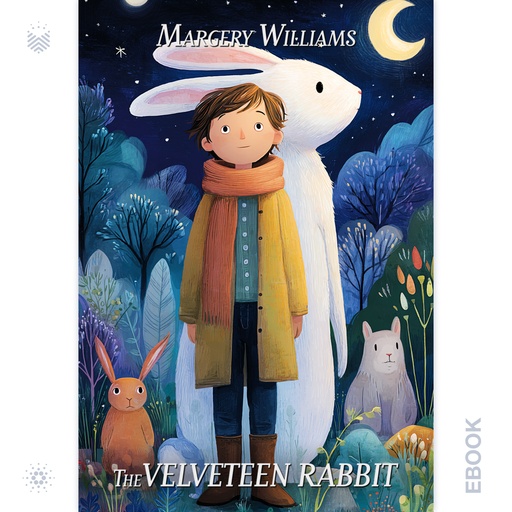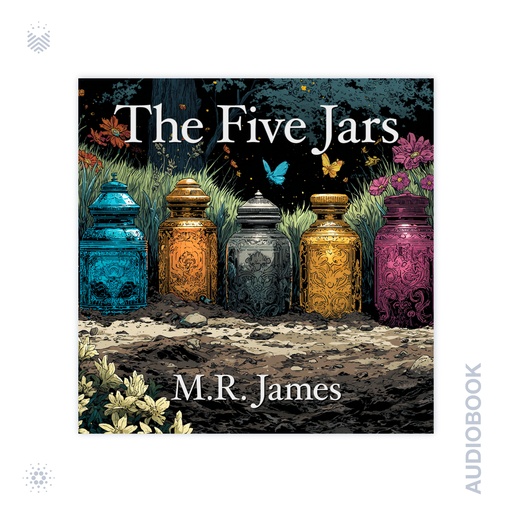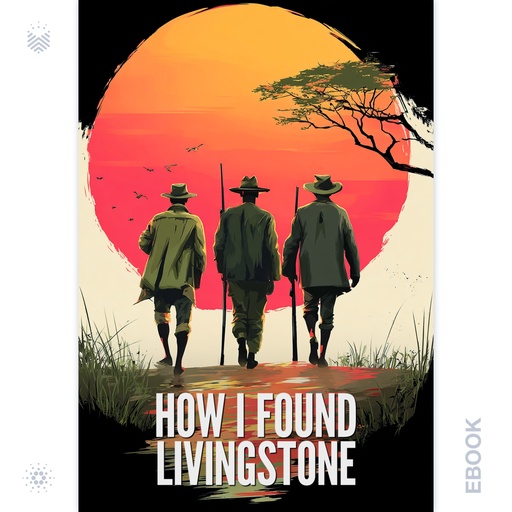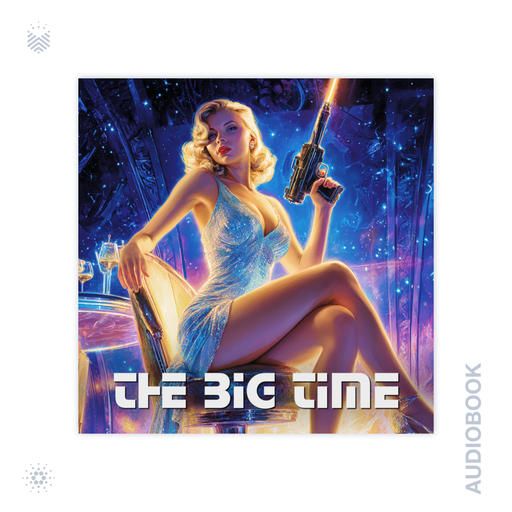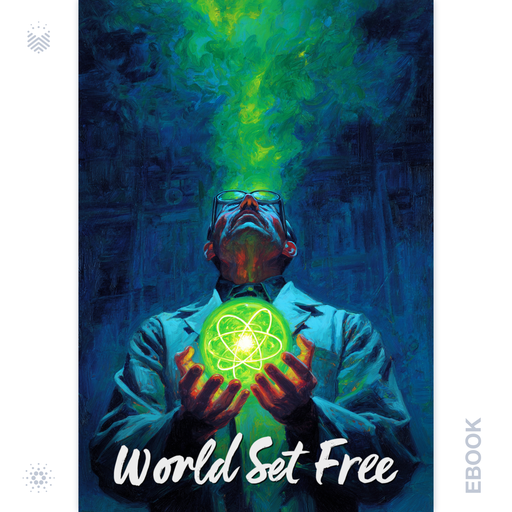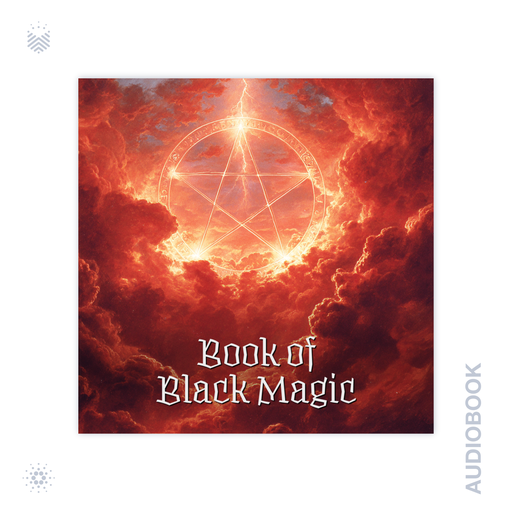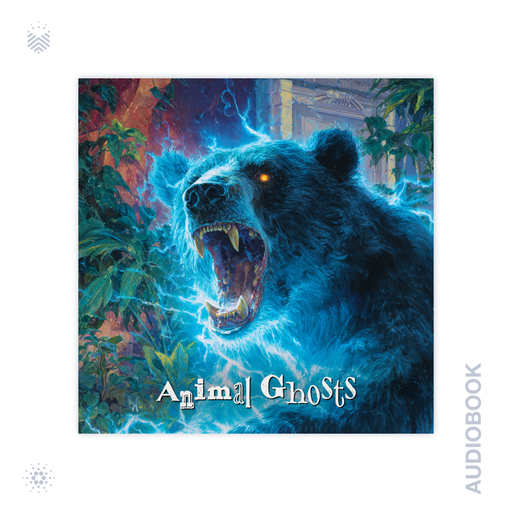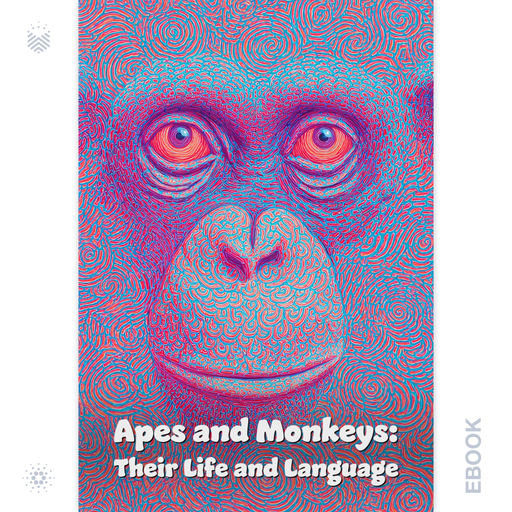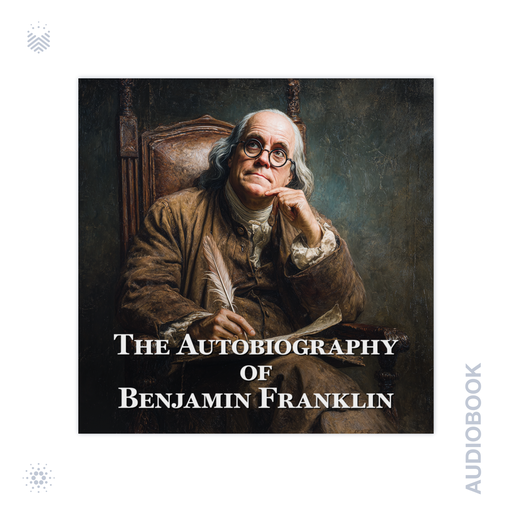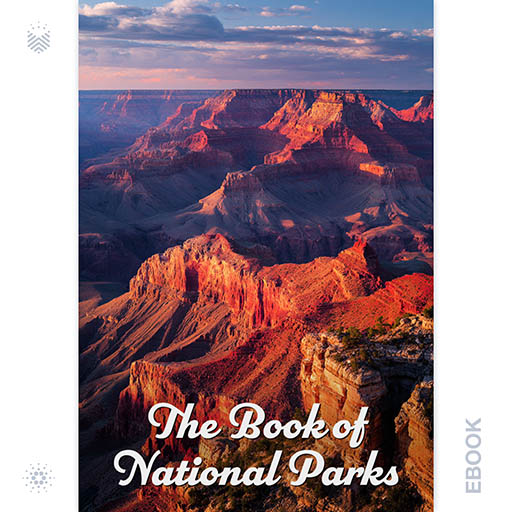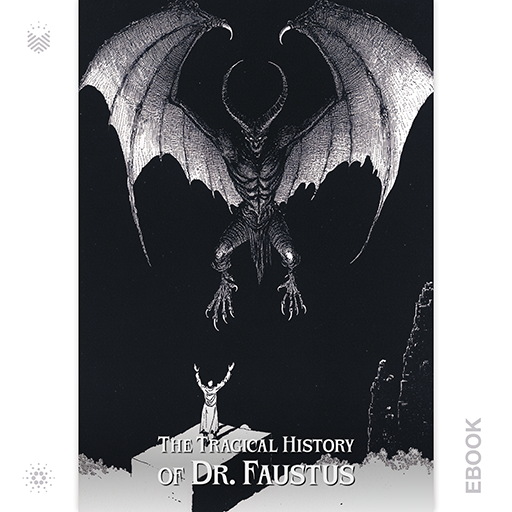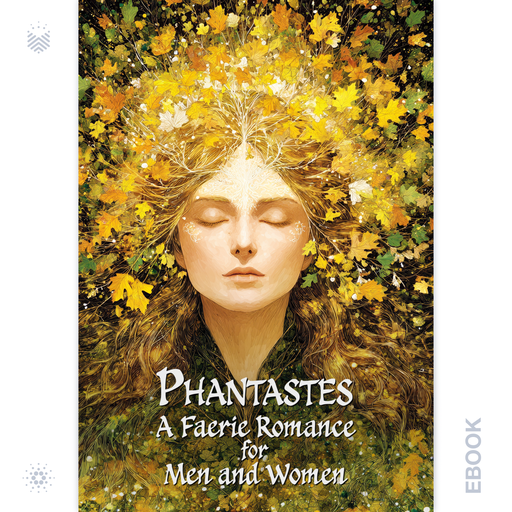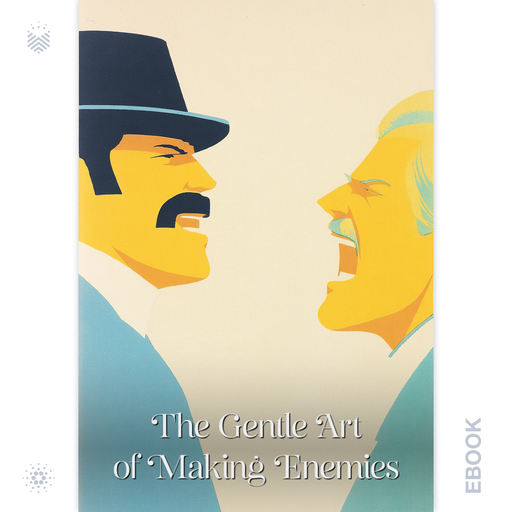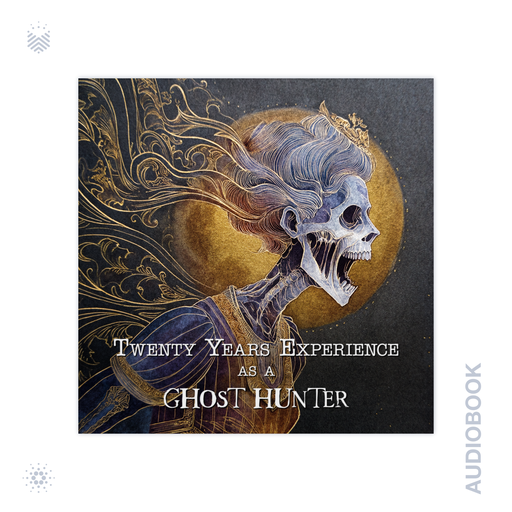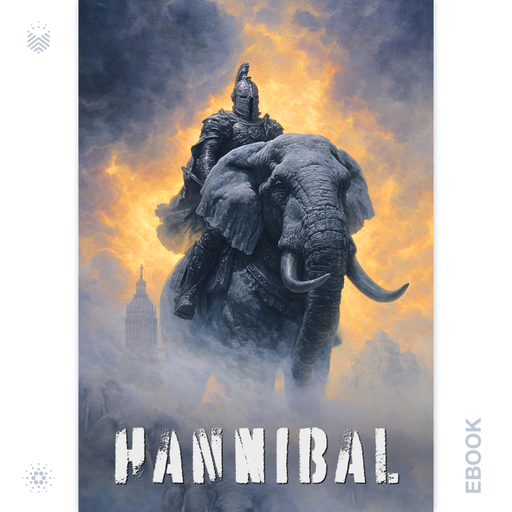by Margery Williams
The Velveteen Rabbit by Margery Williams is a beloved children’s classic that explores love, imagination, and the magic of becoming “real.” Through the tender relationship between a child and his toy rabbit, the story reveals how affection and belief can transform the ordinary into something timeless and extraordinary.
Read More
by M. R. James
In The Five Jars (1922), M. R. James departs from his renowned adult ghost stories to craft a children’s fantasy novel. The narrative unfolds through a letter from an elderly man to a young friend named Jane. The man recounts his discovery of five enchanted jars in a country cottage, each granting him mystical abilities. As he applies the jars’ contents, he gains the power to communicate with animals and interact with diminutive, fairy-like beings. This whimsical tale blends adventur… Read More
by Henry M. Stanley
How I Found Livingstone by Henry M. Stanley tells the thrilling story of his expedition to find the missing explorer and missionary Dr. David Livingstone. Stanley navigates uncharted African landscapes, facing disease, extreme terrain, and uncertainty, while documenting encounters with local peoples and the challenges of exploration. This narrative captures both the adventure and determination that defined one of the most famous search missions of the 19th century.
… Read More
by Fritz Leiber
In The Big Time, Fritz Leiber immerses readers in a tightly wound tale of war, paradox, and psychological tension set within a single room outside of time. The story opens inside a mysterious place called the “Place,” a staging ground used by time-traveling soldiers and medics participating in a vast, secret war that spans all of history. Leiber quickly throws readers into this confined yet conceptually expansive setting, introducing a small cast of characters whose personal dramas p… Read More
by H.G. Wells
Rare Evo ’25 Exclusive
The World Set Free by H.G. Wells is a visionary 1914 novel that predicted the development of nuclear weapons decades before their invention. In this prophetic work, Wells explores how humanity harnesses atomic energy and unleashes destruction on a global scale, only to rebuild society on new foundations of peace and cooperation.
Read More
by Arthur Edward Waite
Rare Evo ’25 Exclusive
The Book of Black Magic by Arthur Edward Waite is a comprehensive study of occult rituals, ceremonial magic, and esoteric traditions. First published in the late 19th century, this work remains one of the most detailed and influential guides on grimoires and magical practices throughout history.
Read More
by Elliott O'Donnell
Rare Evo ’25 Exclusive
Animal Ghosts by Elliott O’Donnell is a fascinating collection of supernatural accounts focused on spirits of animals. First published in 1913, this work blends folklore, anecdotal evidence, and personal investigations into eerie tales of ghostly pets, spectral creatures, and otherworldly beasts that linger beyond death.
Read More
by Philip Francis Nowlan
Rare Evo ’25 Exclusive
When Anthony Rogers opened his eyes, the world he knew was gone. Five centuries had passed, and Earth lay in chains beneath the rule of the Han. In the skies, gleaming airships patrol a shattered future; on the ground, scattered rebels fight for freedom with weapons that defy imagination. From the ashes of a fallen civilization, one man will rise to challenge an empire—and ignite the legend of Buck Rogers, one of science fiction’s most enduring heroes. First publ… Read More
by R.L. Garner
In Apes and Monkeys: Their Life and Language, R.L. Garner presents a vivid firsthand account of his attempts to study the intelligence and communication of primates. Traveling deep into the African jungle and American zoos, Garner sets out to observe and record the behavior, sounds, and social structures of apes and monkeys. He writes with conviction, framing his work as both a scientific mission and a challenge to the prevailing assumptions of his time.
… Read More
by Helen Rowland
In A Guide to Men, Helen Rowland delivers a witty and biting look at male behavior through the lens of early 20th-century relationships. She wastes no time exposing the inconsistencies, charms, and absurdities of men in love, marriage, and society. With razor-sharp humor and bold candor, Rowland offers women both caution and amusement as they navigate the romantic battlefield.
Read More
by Carolyn Wells
In The Curved Blades, Carolyn Wells launches the reader into a chilling murder mystery where high society masks darker secrets. The story wastes no time as it introduces a suspicious death at a lavish estate, immediately casting a shadow over its elite guests. Wells moves swiftly to set up intrigue, delivering sharp dialogue, subtle clues, and a roster of complex characters with hidden motives.
Read More
by Charles Lindbergh
WE opens with Charles Lindbergh’s determined preparation for the first solo transatlantic flight. He writes in a direct, methodical voice, recounting the tense hours before takeoff and the calculated choices that shaped the journey. Lindbergh emphasizes action and intention, guiding readers through the intense physical and mental demands of piloting The Spirit of St. Louis. The narrative wastes no time, thrusting the audience into a firsthand account of one of the 20th century’s defining fea… Read More
by Benjamin Franklin
The Autobiography of Benjamin Franklin offers a firsthand account of one of America’s most influential Founding Fathers. Franklin writes with clarity, wit, and purpose, revealing how he shaped his life through reason, hard work, and self-improvement. His story not only chronicles personal triumphs and struggles but also provides a blueprint for personal growth and civic responsibility.
Read More
by Robert Sterling Yard
The Book of the National Parks by Robert Sterling Yard invites readers to explore the breathtaking beauty and cultural importance of America’s national parks. With vivid language and deep reverence, Yard encourages the public to appreciate and protect these treasured landscapes, framing the parks as vital to the nation’s spirit and heritage.
Read More
by Ayn Rand
Anthem by Ayn Rand thrusts readers into a stark, dystopian world where individuality has been erased and the word “I” no longer exists. Rand uses this brief yet powerful novella to challenge collectivist ideologies and celebrate the rediscovery of the self.
Read More
by Anthony Hope
The Prisoner of Zenda delivers high adventure, royal intrigue, and daring heroism in a tightly woven tale of mistaken identity and noble sacrifice. Anthony Hope drops readers into the fictional kingdom of Ruritania, where an English gentleman must impersonate a kidnapped king to save a crown and a country. The novel races with sword fights, political schemes, and impossible love, embodying the romance and swashbuckling spirit of the late 19th century.
… Read More
by Bram Stoker
The Lair of the White Worm captures the eerie imagination of Bram Stoker, blending ancient myth with Victorian dread. This gripping tale unfolds with a clear sense of menace, as a young Englishman uncovers a terrifying secret buried in the countryside. Stoker plunges readers into a chilling narrative where science, superstition, and survival collide.
Read More
by Christopher Marlowe
Christopher Marlowe’s The Tragical History of Dr. Faustus is a gripping tale of ambition, hubris, and the eternal consequences of overreaching. This timeless tragedy explores the dark allure of forbidden knowledge and the price of making a deal with the devil.
Read More
by George MacDonald
In Phantastes, George MacDonald invites readers on a dreamlike journey through a shifting faerie world where landscapes reflect the soul. The novel follows Anodos, a young man who enters a realm of enchantment, inner struggle, and spiritual transformation. MacDonald does not aim to entertain with simple fantasy; he challenges the imagination and the heart, using myth and symbolism to explore identity, desire, and redemption.
… Read More
by James McNeill Whistler
James McNeill Whistler confronts his critics head-on in The Gentle Art of Making Enemies, combining sharp wit, aesthetic theory, and personal defense. He structures the book around his infamous libel case against critic John Ruskin, transforming it into a bold declaration of artistic independence and a caustic critique of the art establishment. Whistler does not plead for approval—he challenges it, mocking convention and defending his reputation with unapologetic elegance.
… Read More
by Elliott O'Donnell
Elliott O’Donnell recounts his personal encounters with the supernatural in Twenty Years’ Experience as a Ghost Hunter, offering vivid tales drawn from his investigations across haunted sites in Britain and beyond. With a direct and confident voice, O’Donnell invites readers into the eerie world of ghost hunting as he saw and lived it, blending anecdote, folklore, and his unshakable belief in the spirit realm.
… Read More
by Thomas More
In Utopia, Thomas More constructs a fictional society to critique the political, social, and economic flaws of 16th-century Europe. Through a dialogue between fictionalized versions of himself and the traveler Raphael Hythloday, More presents an imagined island where communal ownership, religious tolerance, and rational governance create a harmonious society. By contrasting this utopian vision with the corruption of contemporary European states, More challenges readers to reflect on justice, ine… Read More
by Jacob Abbott
Jacob Abbott’s Hannibal provides an engaging look into the life of one of history’s most brilliant military leaders. The book follows Hannibal from his youth in Carthage through his legendary campaigns against Rome, including his astonishing march across the Alps. Abbott brings Hannibal’s courage, intelligence, and determination into focus, showing how his leadership influenced the course of ancient warfare.
… Read More
by Bertrand Russell
In What I Believe, Bertrand Russell outlines his personal philosophy with bold clarity, grounding his worldview in reason, love, and the pursuit of truth. He challenges religious dogma and traditional moral codes, advocating instead for a life guided by compassion and knowledge. Russell argues that human happiness and ethical living depend not on faith or superstition but on intellectual honesty and emotional integrity. His work provides a thoughtful and accessible guide to living meaningfully i… Read More

